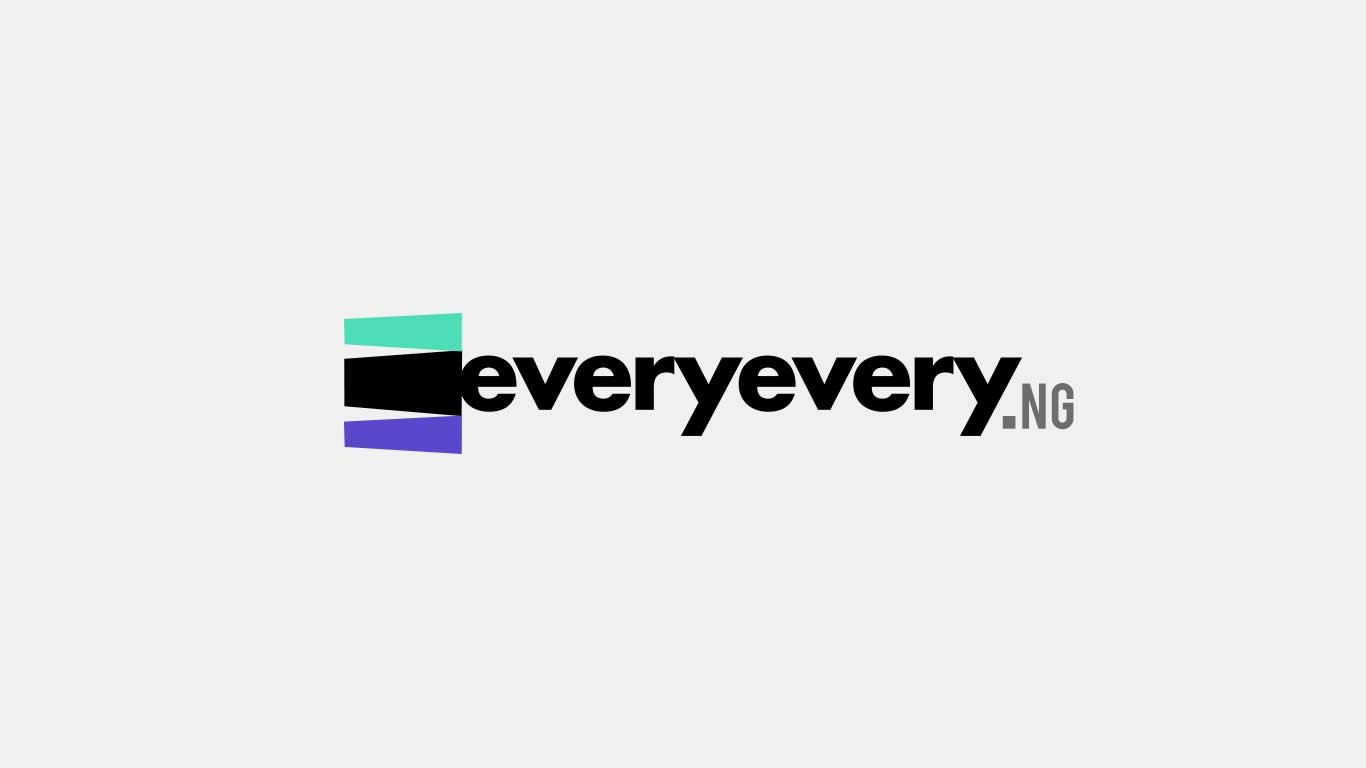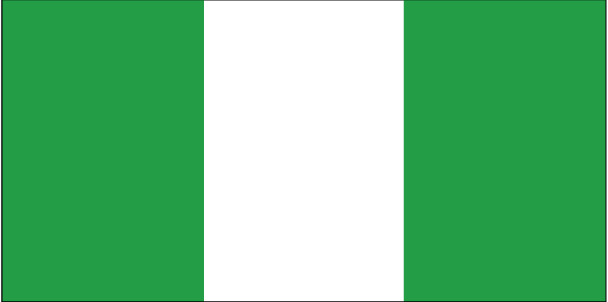

This article is an attempt to explore and showcase the positive roles which Nigeria has been playing in contributing to the survival, growth, and development of numerous nations.
A number of persons including Nigerians themselves are oblivious of the multitude of efforts, sacrifice, and contributions that Nigeria has been making in safeguarding and elevating many countries, especially in the African region.
Before I proceed, I consider it pertinent to shed more light on the country called Nigeria, for the benefit of the readers.
Nigeria, officially the Federal Republic of Nigeria, is a country in West Africa, bordering Niger in the north, Chad in the northeast, Cameroon in the east, and Benin in the west. Its coast in the south is located on the Gulf of Guinea in the Atlantic Ocean.

The federation comprises thirty-six states and one Federal Capital Territory, where the capital, Abuja, is located. The constitution defines Nigeria as a democratic secular state.
With an area of 923,768 km², the country is almost four times the size of the UK or slightly more than twice the size of the U.S. state of California. Nigeria’s main rivers are the Niger, where it got its name from, and the Benue, the main tributary of the Niger.
Nigeria is often referred to as the “Giant of Africa”, owing to its large population and economy. With 190 million inhabitants, Nigeria is the most populous country in Africa and the seventh most populous country in the world.
Nigeria has the third-largest youth population in the world, after India and China, with more than 90 million of its population under age 18.
The country is regarded as a multinational state as it is inhabited by 250 ethnic groups, of which the three largest are the Hausa, Igbo, and Yoruba. These ethnic groups speak over 500 different native languages and are identified with a wide variety of cultures.
The official language of Nigeria is Nigerian English, chosen to facilitate linguistic unity at the national level. Nigeria is divided roughly in half between Christians, who live mostly in the southern part of the country, and Muslims, who live mostly in the north. A minority of the population practice religions indigenous to Nigeria, such as those native to the Igbo and Yoruba ethnicities.
Nigeria is the world’s 20th largest economy as of 2015, worth more than $500 billion and $1 trillion in terms of nominal GDP and purchasing power parity respectively. It overtook South Africa to become Africa’s largest economy in 2014. The 2013 debt-to-GDP ratio was 11 percent.
Nigeria is considered to be an emerging market by the World Bank; it has been identified as a regional power on the African continent, a middle power in international affairs, and has also been identified as an emerging global power.
Upon gaining independence in 1960, Nigeria quickly positioned itself to improve the lives of the people of the country and harness the resources that remain vital to the economy of the country and her neighbors.
Read also: NIGERIA: The Greatest Black Nation?
By observing what benefits and is appropriate for the country, Nigeria became one of the founding members of the Organisation for African Unity (OAU), which later became the African Union.
The Organisation for African Unity checks the political stability of any African country and encourages them to be holding regional meetings for the union. Nigeria backed the African National Congress (ANC) by taking a determined tough line with regard to the South African government and their military actions in southern Africa.
Nigeria and Organisation for African Unity (OAU, now the African Union), have immense influence in West African nations and Africa on the whole.
Nigeria has additionally founded regional cooperative efforts in West Africa, functioning as the standard-bearer for ECOWAS and ECOMOG, economic and military organizations, respectively.
Over the past decade, Nigeria has played a tremendous role in the support of peace in Africa. It has provided the bulk of troops for the UN peacekeeping mission in Sierra Leone (UNAMSIL), the UN Mission in Liberia (UNMIL), and many of the troops to the African Union Mission in Sudan (AMIS).
Nigeria has also played an important role in other conflicts, most recently in Sao Tome, and Cote d’Ivoire. On the wider African stage, President Obasanjo is a founder of the New African Partnership for Development, NEPAD, the AU’s flagship development blueprint. President Obasanjo held the Chair of the AU for 2005/06.
Similarly, when civil war broke out in Angola after the country gained independence from Portugal in 1975, Nigeria mobilised its diplomatic influence in Africa in support of the Popular Movement for the Liberation of Angola (MPLA). That support helped tip the balance in their favour, which led to OAU recognition of the MPLA over the National Union for the Total Independence of Angola.
Nigeria extended diplomatic support to another cause, Sam Nujoma ‘s Southwest Africa People’s Organization in Namibia, to stall the apartheid South African-installed government there.
In 1977, the new General Olusegun Obasanjo’s military regime donated $20 million to the Zimbabwean movement against the apartheid government of Rhodesia.
Nigeria also sent military equipment to Mozambique to help the newly independent country suppress the South African-backed Mozambican National Resistance guerrillas.
The nation also provided some military training at the Kaduna first mechanised army division and other material support to Joshua Nkomo and Robert Mugabe’s guerrilla forces during the Zimbabwe War in 1979 against the white minority rule of Prime Minister Ian Douglas Smith, which was backed by the apartheid-government of South Africa.
Nigeria also nationalised the British Petroleum (BP) for supplying oil to South Africa. In 1982, the Alhaji Shehu Shagari government urged the visiting Pontiff Pope John Paul II to grant audience to the leaders of Southern Africa guerrilla organisations Oliver Tambo of the ANC and Sam Nujoma of SWAPO.
In December 1983, the new Major General Muhammadu Buhari regime announced that Nigeria could no longer afford an apartheid government in Africa.
Nigeria has been very helpful in mediating conflicts. When the conflict in Liberia broke out initially, under ECOWAS, Nigeria went in to stabilize Liberia before Taylor took over.
Following the situation in Liberia, Nigeria was called to go to Sierra Leone to fight the RUF and Foday Sankoh and those merciless terrorists who chopped off limbs of children and annihilated their population.
Once again, it was leadership of the Nigerians that went in recently into Sao Tome and Principe, the government was almost overtaken by a planned coups d’etat, it was Nigeria’s President Obasanjo who sent word to Sao Tome and Principe that they needed to go back into the barracks, and there would not be a military takeover because of the newly found oil in the Gulf of Guinea. And that was settled.
And even in Togo, where the son of the President decided that he would take the leadership of the country without due elections, it was Nigerian President Obasanjo who said there is a process and you cannot become President because your father has died. There is a process, and the process won out.
In pursuing the goal of regional economic cooperation and development, Nigeria helped create ECOWAS, which seeks to harmonise trade and investment practices for its 16 West African member countries and ultimately to achieve a full customs union.
Nigeria also has taken the lead in articulating the views of developing nations on the need for modification of the existing international economic order.
Ultimately, Nigeria is a member of the following international organizations: UN and many of its special and related agencies; World Trade Organization (WTO); International Monetary Fund (IMF); World Bank/IBRD; African Development Bank (AfDB); INTERPOL; Organization of Petroleum Exporting Countries (OPEC); Economic Community of West African States (ECOWAS); African Union (AU); Maritime Organization of West and Central Africa (MOWCA) and several other West African bodies; Commonwealth; Nonaligned Movement (NAM); and Organization of Islamic Cooperation (OIC), among others.
Sources: Wikipedia, GlobalSecurity.org, and NationsOnline.org